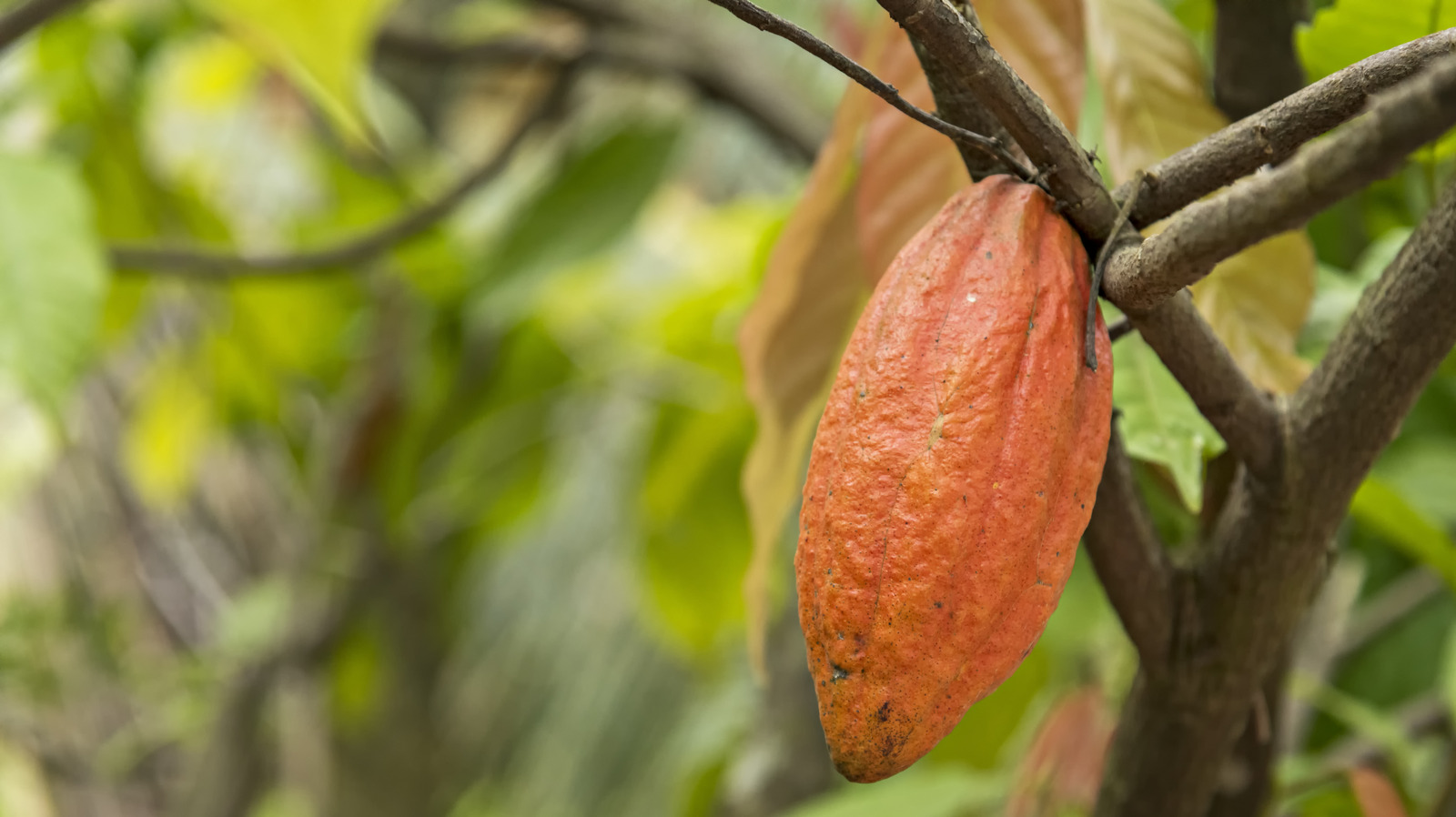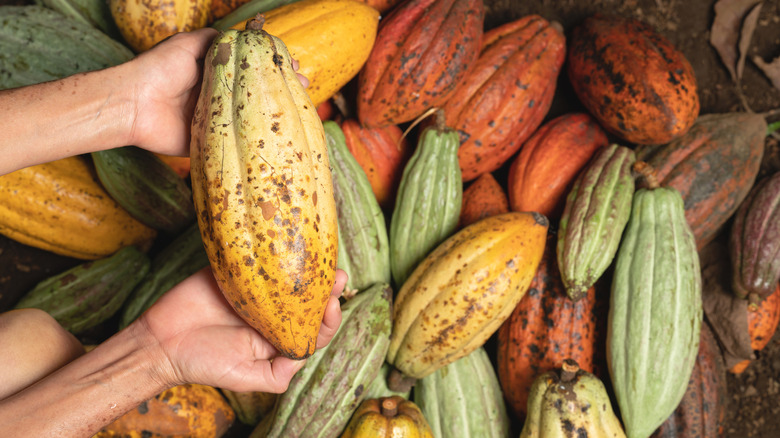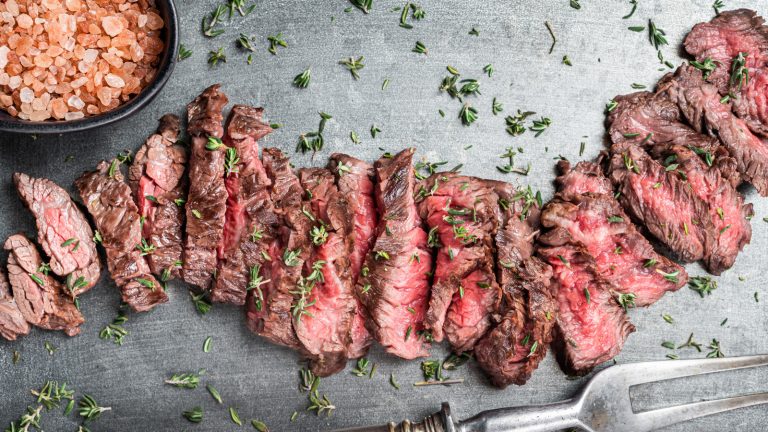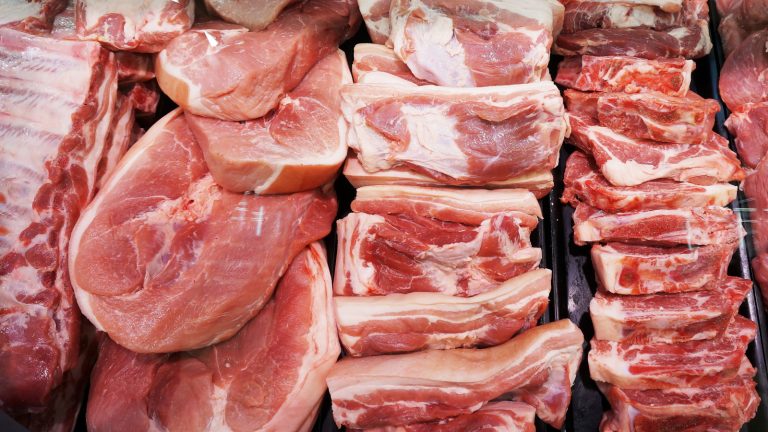Chocolate is a universally beloved foodstuff, so it comes as no surprise that cocoa covers a complex globe-spanning supply chain. The industry involves massive companies once processed into sweet form, including Mars Inc. in America, Meiji Co. in Japan, and Ferrero Group in Italy. Yet cocoa in its raw state is mainly produced on modest, family-run initiatives. While expensive single-origin chocolate notes the area of growth, it’s not so obvious which country produces the most cocoa in the world.
Well, according to figures released by the Food and Agriculture Organization of the United Nations, the country that leads the tally worldwide is West Africa’s Côte d’Ivoire, also known as Ivory Coast. Its production is impressive — it was well over 2.3 million beans in 2023 (the most recent year of data). That’s nearly four times as much as Ghana, the second place location with about 650,000 beans in 2023. Although the majority of cocoa cultivation occurs in West Africa, countries such as Indonesia, Ecuador, and Colombia also appear in the top ten.
While such cocoa production figures amaze, there are unfortunate downsides to the fruit’s growth. The cocoa tree requires abundant amounts of water, expansive swaths of land, and is highly susceptible to environmental change. Enormous manual labor also goes into upkeep and harvesting the plant, which leads to exploitation. Before biting into the delicious flavors of popular chocolate bars, look into the ethics behind their production.
Côte d’Ivoire’s scale of cocoa production comes with complications
Lots of factors combine to secure Côte d’Ivoire’s status as the leader in cocoa production. Unlike other plants, cocoa trees thrive in very specific environments: It necessitates a tropical environment with nutrient dense soil, lots of rain, and other plants nearby that both block light and pollinate cocoa. Only countries at certain latitudes can meet these conditions. Breeding the plant is also difficult; insects are its primary pollinators but aren’t often successful, and even laborious pollination by hand doesn’t guarantee regeneration. Unfortunately, the impact of climate change is also complicating production.
Next are the economic considerations. Despite the required efforts for growing cocoa, profits for farmers are low. Large-scale chocolate companies create unrealistic price demands, with the government of Côte d’Ivoire historically struggling to negotiate fair deals. Consequently, the country deals with child labor issues; families can’t pay for education, and kids must work on farms to meet cocoa demands. In recent years, efforts by both the government and certain chocolate companies have been made. Next time you’re buying high-quality cocoa powder, remember the background that goes into the product. It’s one of the food world’s most-tense markets.






